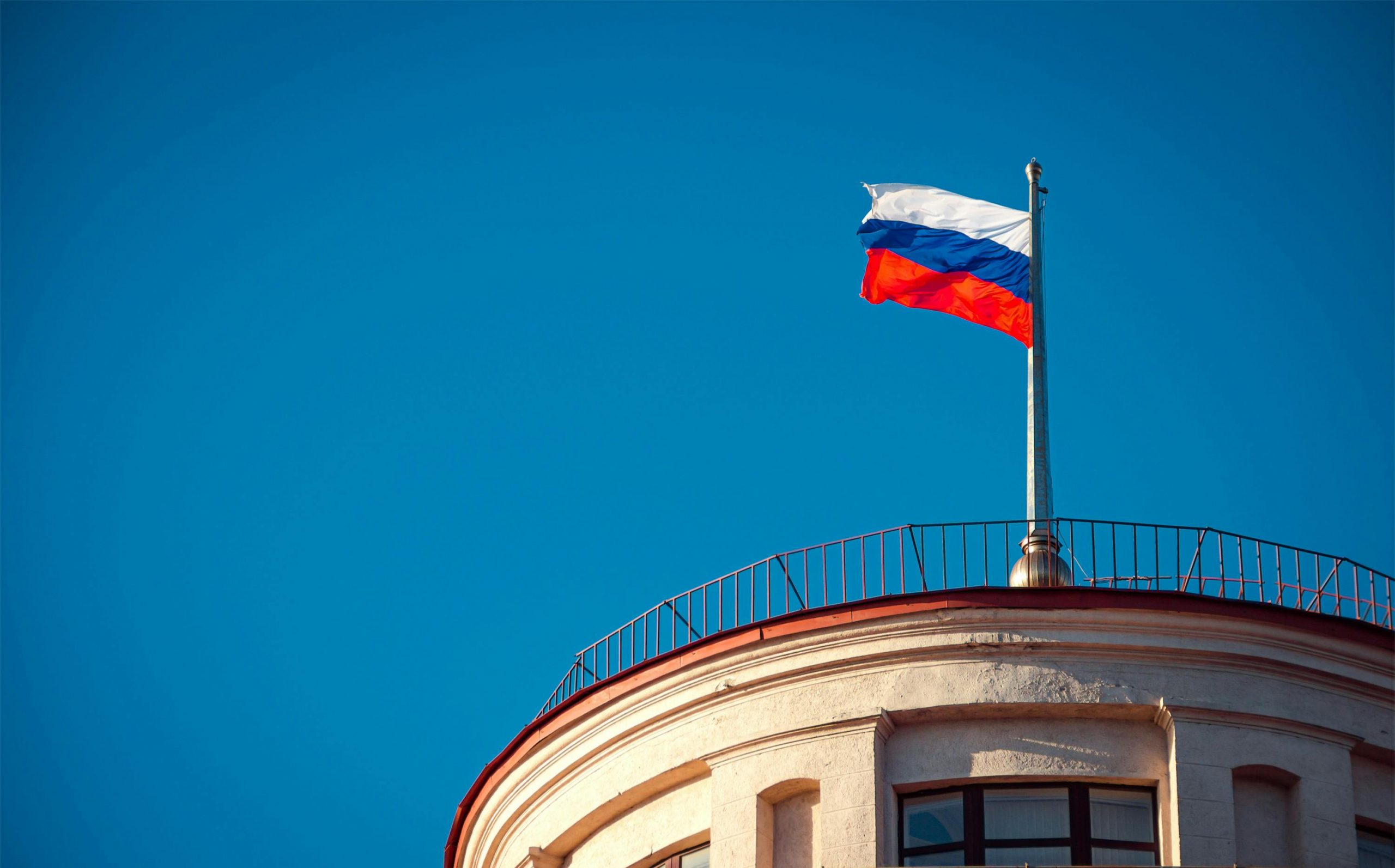Kelly
Editor

Russia’s central bank is amending laws to permit cryptocurrency trading for a new category of ‘particularly qualified investors.’ This move aims to integrate digital currencies into the formal financial system and bolster the country’s stance in the global financial market. It also explores using stablecoins for international trade, potentially accelerating the adoption and innovation of Web3 technologies.
The proposed legal changes by Russia’s central bank would allow a new class of “particularly qualified investors” to trade cryptocurrencies, potentially revolutionising the country’s financial sector. This calculated action, which aligns with worldwide trends towards financial digitalisation and might strengthen Russia’s standing in the global financial market, represents a substantial shift in the nation’s stance on digital currencies.
Formalising Bitcoin trading inside a regulated framework is the Bank of Russia’s goal to introduce ‘especially qualified investors’. Strict standards based on their resources, experience, and financial acumen would set these investors apart and guarantee that only those with adequate knowledge and stability are involved. This project is part of a larger plan to incorporate cryptocurrencies into Russia’s official economy while minimising the dangers and maximising the rewards. The central bank aims to protect investors and the financial system from cryptocurrency market risks and volatility by enforcing strict qualifying requirements.
Comprehensive legislative revisions are needed in the Russian legal system to establish this new investor group. The precise definition of “particularly qualified investors” and the legal implications of their cryptocurrency trading operations must be included in these modifications. This entails defining exact criteria for their identification, audit trails, transaction monitoring, and other regulatory compliances. Such a legal framework must be introduced to protect investors and include cryptocurrency trading in Russia’s larger financial regulatory structure. The government’s intention to establish an open, safe, and effective market for digital assets is demonstrated by this endeavour.
There are a lot of hazards associated with opening up bitcoin trading to “particularly qualified investors;” therefore, regulations must be carefully considered. In order to guarantee that the possibility of financial crimes, such as money laundering and fraud, is sufficiently reduced, the central bank intends to conduct a thorough risk study. Tight KYC (Know Your Customer) and AML (Anti-Money Laundering) regulations may be implemented, with particular attention to the peculiarities of cryptocurrencies. Additionally, investors face significant financial risks because of the cryptocurrency market’s volatility, which the central bank hopes to mitigate through educational initiatives, potential investment limitations, and other safety measures.
The Bank of Russia’s investigation of stablecoins for cross-border transactions highlights the institution’s proactive yet cautious attitude towards cryptocurrencies. Russia intends to enable more reliable and seamless cross-border payments by permitting stablecoins backed by tangible assets. This strategy could improve Russia’s trade efficiency by lowering transaction costs and removing obstacles related to conventional foreign exchange procedures. Nonetheless, the central bank’s cautious approach to algorithmic stablecoins reveals a nuanced adoption strategy for digital currencies, prioritising stability and security in its digital finance initiatives.
A key component of Russia’s goal to update its monetary system is the creation of the digital ruble. Continuing pilots with specific institutions are essential to assess the feasibility of digital wallets and the general stability of this new type of cash. Effectively incorporating the digital ruble might result in greater control over the national currency system and improved transaction process efficiency. The gradual implementation strategy indicates a systematic approach to adoption to guarantee the digital ruble’s compatibility with conventional currencies while offering further advantages like lowered transaction costs and times.
The investigation of stablecoins for cross-border transactions and the possible regulatory changes in Russia that would let “particularly qualified investors” deal in cryptocurrencies represent a turning point for the Web3 ecosystem. These advancements will likely lead to adopting decentralised platforms and encourage a wider embrace of blockchain technology in traditional financial services.
Russia is indirectly supporting the underlying technology—blockchain—by designating some investors as eligible to participate in bitcoin transactions. This support could inspire the public and commercial sectors to use blockchain technology for applications other than cryptocurrency, such as safe voting procedures, digital identity verification, and supply chain management.
DeFi services are projected to grow as a result of the official recognition of cryptocurrency trading for eligible investors. A legislative framework that lowers entrance hurdles for other prospective users who are apprehensive about the security and legality of such platforms might present investors with new chances to interact with synthetic assets, decentralised exchanges, and lending platforms.
The Bank of Russia’s willingness to allow stablecoins to be used for cross-border trade may spur new developments in stablecoin architecture and usage. This decision will likely encourage the creation of new stablecoin initiatives that adhere to Russian law, providing more stability in virtual transactions and improving the efficiency of cross-border payments without the usual volatility associated with cryptocurrencies.
The legal recognition of cryptocurrencies allows substantial capital to enter the Russian Web3 market. It has the potential to draw in foreign investment as Russia is emerging as a hub for blockchain innovation, appealing to investors from across the world searching for countries with transparent and encouraging policies.
Due to the government’s shift to a more pro-crypto environment, there will probably be an increase in educational and training initiatives focused on blockchain technology. This might foster the development of a domestic pool of blockchain experts who could aid in the national and international expansion of Web3 technology.
As Russia establishes itself in the Web3 sphere through these regulatory developments, it may impact how other nations regulate blockchain technology and digital currencies. If practical, Russia’s methodology may be a template for other countries, especially when juggling innovation with regulatory control in digital banking.
The digital ruble’s and blockchain technology’s acceptability might promote the creation of new digital infrastructure to support these innovations. This might involve strengthening blockchain-based transaction monitoring systems to guarantee security and transparency, expanding digital identification frameworks, and improving cybersecurity safeguards.